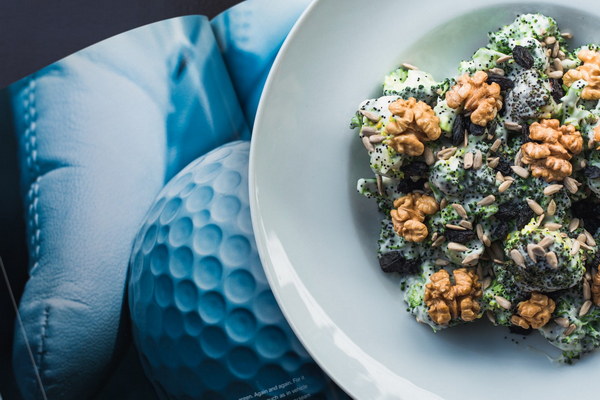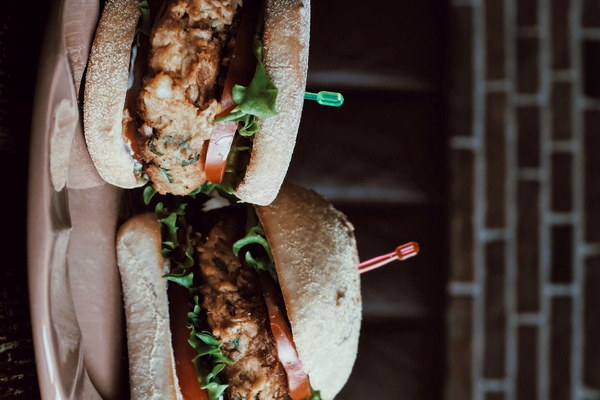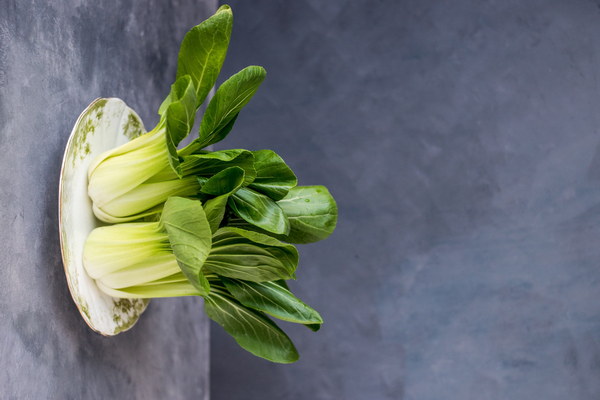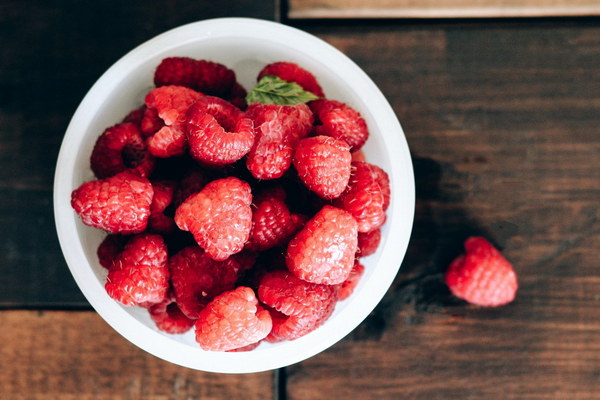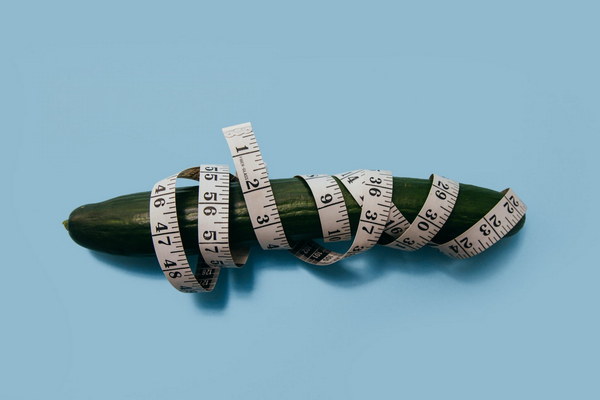Eyes to the Table A Nutrition Guide to Preventing Myopia Progression
Introduction:
Myopia, or nearsightedness, is a common vision condition where distant objects appear blurred. With the increasing prevalence of myopia among children and young adults, it has become a public health concern. While genetics play a significant role in the development of myopia, research suggests that diet can also contribute to its progression. This article provides a nutrition guide to help prevent myopia from worsening.
1. Essential Nutrients for Eye Health
To maintain healthy eyes and prevent myopia progression, it is essential to consume a balanced diet rich in the following nutrients:
a. Vitamin A: This fat-soluble vitamin is crucial for maintaining healthy vision, especially in low-light conditions. Good sources of vitamin A include carrots, sweet potatoes, kale, spinach, and liver.
b. Vitamin C: An antioxidant that helps protect the eyes from oxidative stress, vitamin C can be found in oranges, strawberries, bell peppers, and kiwi.
c. Vitamin E: Another powerful antioxidant, vitamin E, can be obtained from nuts, seeds, avocados, and olive oil.
d. Lutein and Zeaxanthin: These carotenoids are found in the macula of the eye and help protect against age-related macular degeneration and myopia progression. Leafy green vegetables, eggs, and corn are good sources of lutein and zeaxanthin.
e. Omega-3 Fatty Acids: Essential for eye development and function, omega-3s can be found in fatty fish like salmon, mackerel, and sardines, as well as flaxseeds, chia seeds, and walnuts.
f. Zinc: This mineral is vital for maintaining healthy vision and can be found in meats, shellfish, legumes, and nuts.
2. Foods to Include in Your Diet
To prevent myopia progression, incorporate the following foods into your diet:
a. Leafy Green Vegetables: Spinach, kale, collard greens, and Swiss chard are rich in vitamins A, C, E, lutein, zeaxanthin, and zinc. Aim for at least one serving per day.
b. Fatty Fish: Aim for at least two servings of fatty fish per week to get a good dose of omega-3 fatty acids.
c. Eggs: Eggs are a great source of lutein, zeaxanthin, and vitamin A. Add them to your breakfast or prepare a hard-boiled egg for a healthy snack.
d. Nuts and Seeds: Almonds, walnuts, chia seeds, and flaxseeds are excellent sources of omega-3s, vitamin E, and zinc. Include a handful of these nuts and seeds in your diet daily.
e. Legumes: Beans, lentils, and chickpeas are rich in zinc, vitamins, and minerals that contribute to overall eye health.
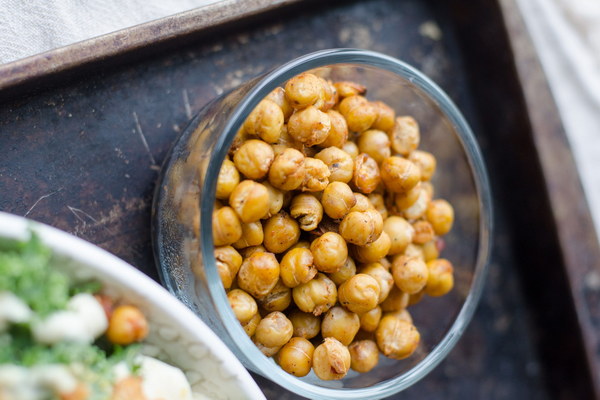
f. Citrus Fruits: Oranges, grapefruits, and other citrus fruits are an excellent source of vitamin C and can be added to your diet in various ways, such as smoothies or fresh salads.
3. Foods to Avoid or Limit
To prevent myopia progression, it may be beneficial to limit or avoid the following foods:
a. Refined Carbs: Foods like white bread, pasta, and sugary snacks can increase blood sugar levels, which may contribute to myopia progression. Opt for whole grains instead.
b. Processed Foods: These foods are often high in unhealthy fats, sodium, and sugar, which can negatively impact your overall health and potentially affect your eyes.
c. Soda and Sugary Drinks: Excessive consumption of sugary drinks has been linked to an increased risk of myopia. Replace these with water, herbal teas, or unsweetened beverages.
Conclusion:
While genetics play a significant role in the development of myopia, diet can also contribute to its progression. By incorporating essential nutrients and healthy foods into your diet and limiting processed and sugary foods, you can help maintain healthy eyes and prevent myopia from worsening. Remember, a balanced diet is just one aspect of maintaining eye health; regular eye exams and maintaining a healthy lifestyle are also crucial.
